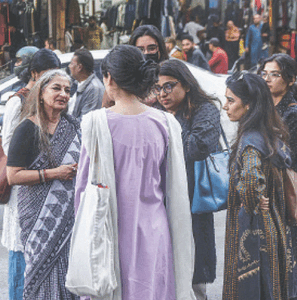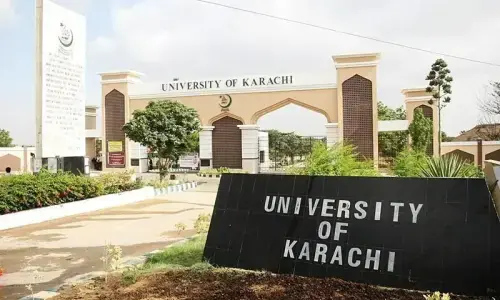THATTA: The Indus Blood Bank at the Makli district headquarters hospital, the only government facility in Thatta, has curtailed its services reportedly due to lack of funds and failure to pay salaries to its staff.
It is the only government-funded facility run by Indus Hospital & Health Network that has been set up to serve poor patients of the twin districts of Thatta and Sujawal.
The alarming decline in performance graph at the blood bank has sparked concerns among patients of serious blood diseases and their caretakers in the two coastal districts.
Since its establishment in October 2019 with the financial backing from the Sindh government, the blood bank has been a beacon of hope for the communities battling with blood-related ailments.
It has been catering to around 500 registered thalassemia patients across the two districts and addressing the needs of 600 blood-deficient individuals monthly.
Sources Dawn talked to on Saturday underscored the need for an urgent attention and improvement in healthcare infrastructure in the region.
The sources painted a grim picture of the blood bank’s functionality. Allegedly, a deadlock in fund disbursement and the consequent non-payment of staff salaries had rendered the facility dysfunctional, leaving regular patients at the mercy of fate and devoid of crucial medical assistance, they said.
They said that a tragedy struck on Jan 29 when a 14-year-old thalassemia patient, Shahid, from an economically disadvantaged background, succumbed to his illness after a desperate struggle to secure life-saving blood transfusions.
Disturbingly, the toll from thalassemia-related fatalities continued to rise including 12-year-old Sona, and Adnan, also 12, while an eight-year-old shepherd, Karim Bux, remained in critical condition, fighting for his life, said sources in the hospital.
Since October 2019, an estimated 100 thalassemia patients out of the 500 registered cases have lost their lives due to various factors, primarily attributed to delays in blood transfusions.
The sources pointed to a host of issues exacerbating the crisis, including inadequate nutrition, oxygen scarcity, a dearth of essential medications, and shortage of trained medical personnel.
The absence of coordinated efforts and effective measures by the management at the blood bank and DHQ facilities in Thatta had also compounded problems leading to loss of precious lives, they said.
The situation underscored the need for immediate intervention by the government to ensure uninterrupted functioning of the critical healthcare facilities like the blood bank, said the sources.
Dr Yameen Shah, civil surgeon at DHQ Makli, said the crisis at the Indus Blood Bank persisted for over 23 days and severely affected patients, particularly those suffering from thalassemia.
He said that he had communicated the gravity of the situation to the secretary of health and Director General of Health Services Sindh. The hospital management, however, took measures to ensure a continued blood supply for gynecological and general surgery patients, he said.
Published in Dawn, February 13th, 2024

































